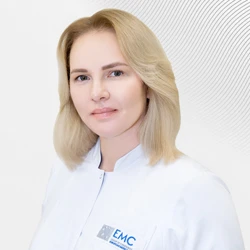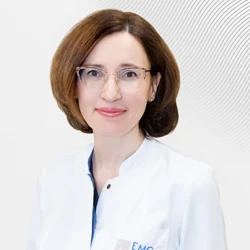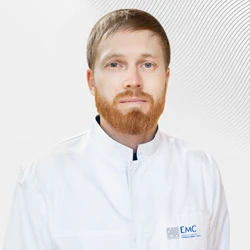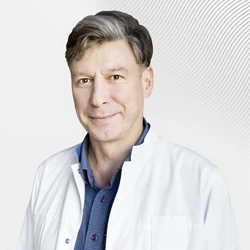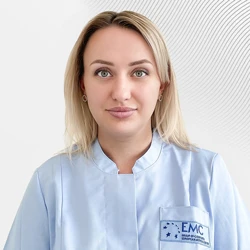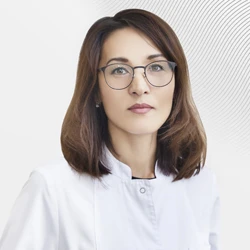Enuresis in children: in simple words about a complex problem
As practice shows, there is no clear understanding among doctors when exactly the symptom of a "wet bed" should be considered a pathological phenomenon. It is widely believed that nocturnal enuresis before the age of 5 is the norm. It must be said that this age was chosen very conditionally and is associated with the formation of the so-called "mature type of urination", when a child acquires the skill to control his behavior related to going to the toilet. It is not uncommon to encounter a situation where a doctor or parents do not pay attention to enuresis at all until the age of 14-15, arguing that the child will gradually "outgrow" the problem. This boilerplate approach is unacceptable for two reasons.
Firstly, urinary incontinence (and enuresis in particular) may initially be the only symptom of much more serious diseases of the urinary system, nervous system, or endocrine system. Thus, enuresis occurs in children with urinary tract infections (cystitis), helminthiasis, congenital malformations of the urogenital region or urinary tract obstruction, neurogenic bladder, and abnormalities of the spine and spinal cord. Only a urologist who is well-versed in the pathology of urination in children can suspect such a situation in time, conduct a competent examination and treatment. Neither general practitioners nor parents have such competence.
Secondly, almost all children with urinary disorders are in a state of latent social maladaptation. They have a reduced level of self-esteem, and conflict situations often arise in the kindergarten and family. All this negatively affects the child's development and, eventually, leads to serious psychological problems.
According to a survey of Swedish psychologists, urinary incontinence is one of the three most severe "critical" stressful situations in life for an elementary school student (after a divorce and the death of his parents).
In addition, recent studies have shown that nocturnal enuresis in children is almost identical in nature to the problem of frequent nocturnal urination in the elderly. Constant nighttime awakenings and trips to the toilet are the most debilitating symptoms for adults, which forces them to take medications or go under the surgeon's knife for years. Therefore, one should not assume that nocturnal enuresis is harmless and does not affect the child's well-being in any way.
There is still no single protocol for the diagnosis and treatment of children with nocturnal enuresis. In practice, urologists at the EMC Children's Clinic adhere to the principles developed by the ICCS (International Community on Urinary Incontinence). After comprehensive diagnosis and exclusion of pathologies requiring immediate surgical or drug treatment, step-by-step treatment can be presented as follows:
Step 1: behavioral therapy;
Step 2: alarm therapy;
Step 3: pharmacotherapy.
Behavioral therapy
It is a system of cognitive methods. The main help at this stage is to inform the family and the child about the observance of the daily routine and especially the drinking regime. If violations of the drinking and urination regime are detected, which are behavioral and situational in nature, correction of these violations is required prior to any type of drug treatment under the supervision of a pediatrician. The drinking regime should be organized so that fluid intake is distributed evenly throughout the day and with a restriction in the evening. Quiet games and reading are recommended in the evening. Such therapy requires the support of parents, the child's desire, patience and time.
The child and parents need to learn how to properly empty the bladder and monitor the frequency of stools. It is useful to continue to keep a diary of the frequency of urination and episodes of enuresis, as well as the time of bowel movements. The effectiveness of such therapy is monitored by a doctor every 1-3 months. At the same time, conversations are held with parents and the child, supporting motivation to continue treatment.
Alarm therapy
After correcting the child's behavior pattern for 4-6 months and in the absence of nocturnal hyperproduction of urine (diagnosed by urination diary), the use of a night alarm clock with sensors that react to moisture (alarm therapy) can be added to the treatment. This method helps the child to wake up at the moment of soaking the laundry with urine. This type of treatment has a particularly good effect in families with stable motivation, not only for the child, but also for the parents. If there is no improvement during the first month of treatment, it should be stopped and switched to pharmacotherapy.
Pharmacotherapy
The third step is pharmacotherapy. We strongly recommend that you do not perform this step yourself, guided by data from the Internet or advice from non-specialists. For the treatment of nocturnal enuresis, both hormonal drugs and means of influencing the central nervous system are used. Only a pediatric urologist-andrologist, together with a neurologist and a pediatrician, can correctly select a drug regimen without harming the child.
Treatment of children with enuresis is a complex task that requires the participation of diverse highly qualified specialists: a pediatric urologist, a pediatrician, a neurologist, a psychologist, specialists in radiation and ultrasound diagnostics, and rehabilitologists. At the EMC Children's Clinic, you can get an appointment with a pediatric andrologist urologist who has many years of experience in the specialized clinical center "Pathology of Urination of Children", which is the country's leading institution for urinary incontinence. All necessary analyses and studies can be performed at the clinic using modern equipment in the shortest possible time. Experienced psychologists will help you solve this problem.
Why the EMC
The first and only clinic in Russia, created in the image of the world's leading clinics
EMC is a multidisciplinary center offering patients a high level of medical services and a personalized approach
Worldwide recognition and awards
 Learn more
Learn more
Worldwide recognition and awards
 Certificates and licenses
Certificates and licenses
Make an appointment for a consultation
Specify your contacts and we will contact you to clarify the details
Reviews
and new products of the EMC

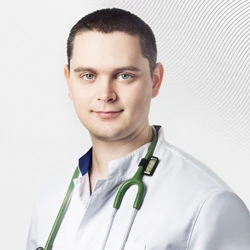
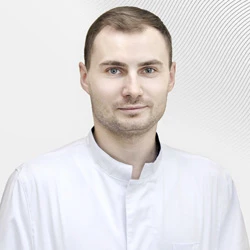
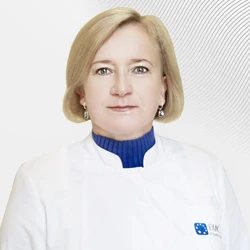
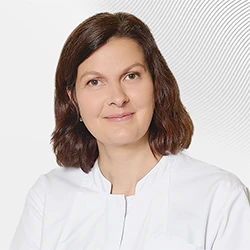
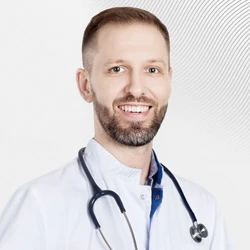
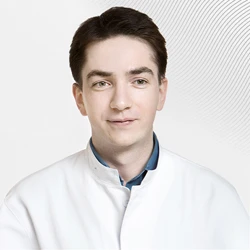
.webp)
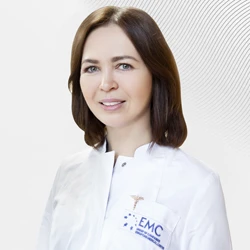
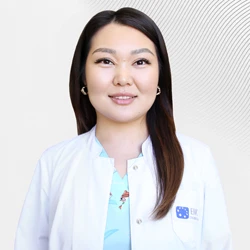

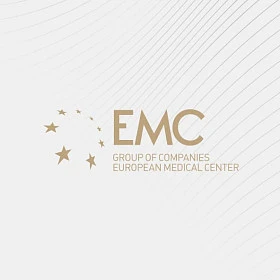
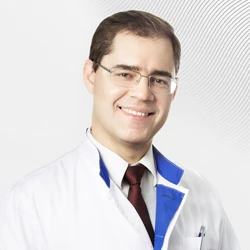
.webp)
